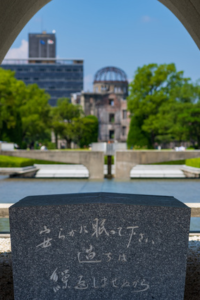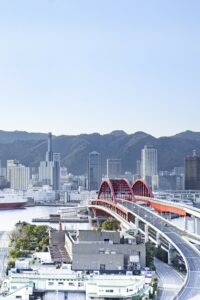
*Translated from “Osuro de Kangaetakoto: No Moa Hibakusha wo Uketsugu tameni (Thoughts in Oslo: Inheriting the Legacy of No More Hibakusha),” Sekai, February 2025, pp. 26–33. (Courtesy of Iwanami Shoten, Publishers) Hatakeyama Sumiko, Executive Committee Member of Peace Boat Japan Confederation of A- and H-Bomb Sufferers Organizations (Nihon Hidankyo) was awarded the 2024 Nobel Peace Prize. Recently (December 10, 2024, Japan time), the Nobel Peace Prize award ceremony was held in Oslo, Norway. To attend the ceremony, more than 30 people, including Hiroshima and Nagasaki atomic bomb survivors (hibakusha) who are executives of Nihon Hidankyo and related parties, traveled to Oslo as an official delegation. In conjunction with this, Peace Boat, in cooperation with Gensuikyo (Japan Council Against A & H Bombs), planned the “Nihon Hidankyo Nobel Peace Prize Celebration Tour” so that many hibakusha, second and third generation atomic bomb survivors, related organizations, and individuals ... ... [Read more]








